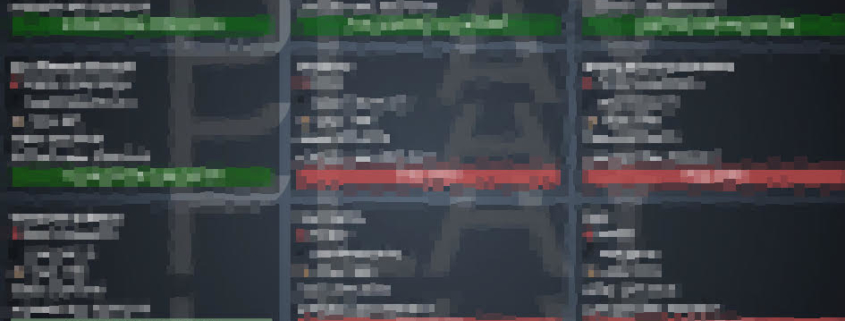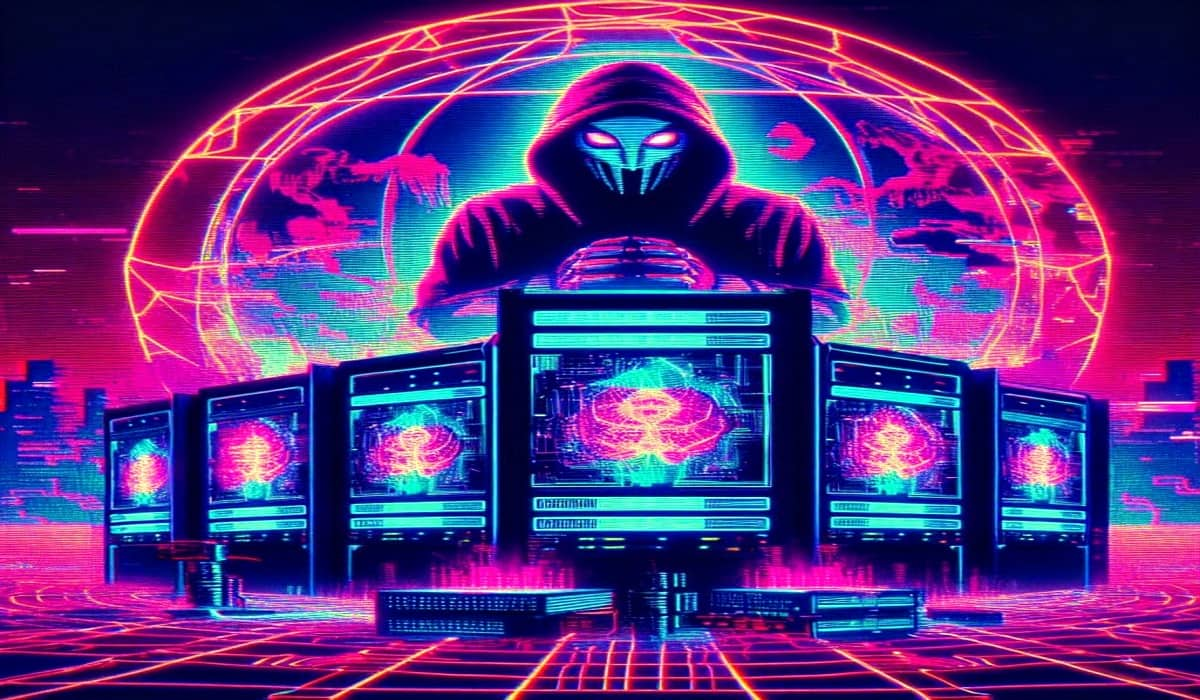Groundbreaking cybersecurity network takes root – Sentinel and Enterprise
The list of organizations that the ransomware group Play has hacked as found on the dark web. Play allegedly hacked Lowell’s municipal network on April 24, and released 5GB of data on May 11. (Courtesy Brett Callow)
Sophisticated cyberattacks targeting the state’s municipalities and health-care systems have demonstrated the need for a coordinated approach to mitigate the damage caused by these incapacitating hacks.
It was just a year ago that Lowell’s municipal computer network was compromised.
The online ransomware group Play claimed responsibility for the massive cyberattack, boasting that it had released 5 gigabytes of data from that theft and posted it to the dark web.
Five months later, Lowell still hadn’t fully recovered from this network breach, which had left city government without phone service, email, access to financial, human resources, asset management and revenue systems, as well as other ancillary services like dog, business and marriage licenses.
In the interim, city departments faced the daunting prospect of rebuilding servers and networks, installing new equipment, creating secure user access portals and training employees in cybersecurity.
Even by September, Lowell police reported that critical functions could not be conducted from patrol car computers, forcing officers to log on at neighborhood precincts or police headquarters to complete their shift work — a tedious, time-consuming process.
And more recently, a far-reaching hack of a health-care payment service continues to inflict serious financial pain on the state’s health providers.
As reported by the State House News Service, the debilitating February cyberattack on Change Healthcare has cost the Massachusetts health-care system about $24 million a day, forcing care providers to seek financial relief from health insurers.
The Massachusetts Health and Hospital Association pegged the average daily costs stemming from the attack at $24,154,000, based on a survey that reflects responses from 12 hospitals and health systems.
“Depending on how long it lasts, it’s just like a snowball effect,” Karen Granoff, MHA’s senior director of managed care, told the…


